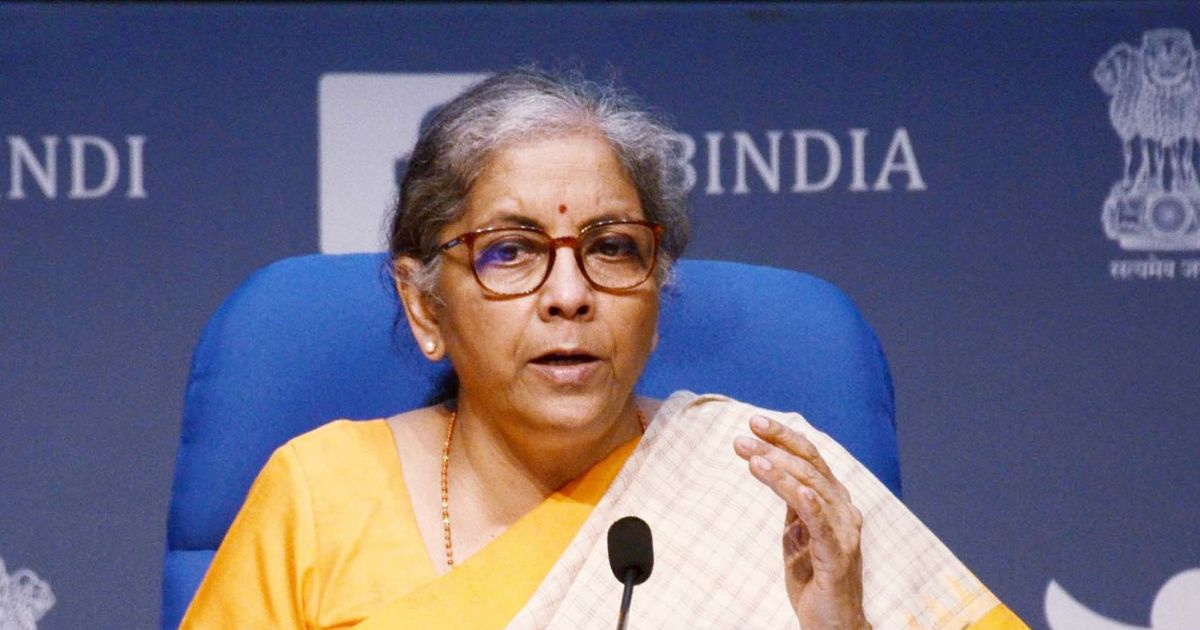Budget 2024-25 speaks of NextGen reforms and strategic policies
24 Jul 2024

The Union Budget 2024-25, presented by finance minister Nirmala Sitharaman, aims to achieve higher economic growth through improved productivity, and by enhancing the efficiency of markets.
Towards this the budget sets the theme of “next generation reforms” that outlines key reforms across various sectors, and prescribes collaboration between the centre and states to promote competitive federalism and sustained economic growth.
The government proposes to establish a comprehensive economic policy framework addressing all factors of production, including land, labour, capital, and entrepreneurship. In all these, technology will play the role of a big levelliser.
Land-related reforms
The proposed land-related reforms – both rural and urban - will focus on improving planning, management and land use as also updating urban planning, including building bylaws.
The government proposes to incentivise land-related reforms through time-bound fiscal incentives over the next three years.
For rural land reforms, the Budget proposes introduction of a Unique Land Parcel Identification Number (ULPIN) or Bhu-Aadhaar, digitisation of cadastral maps, survey of map sub-divisions, establishment of a land registry, and linking to the farmers' registry to support growth.
For urban land reforms, the Budget proposes digitisation of land records with GIS mapping, creation of an IT-based system for administration of property records, and improving the financial health of urban local bodies.
Labour reforms
The Budget proposes integration of the e-Shram portal with other platforms for a comprehensive service offering to labour, including employment and skilling services. Besides, it proposes revamping of the Shram Suvidha and Samadhan portals to ease regulatory compliance for industries.
Financial sector strategy
Reforms in the financial sector will address climate related adaption and mitigation while deciding on the size, capacity and skills needed for administration for supporting India’s green transition goals.
The strategy is to ensure availability of capital for climate related economic activity for supporting India's green transition and climate commitments.
The Budget proposes legislative measures for creation of companies with variable capital structure for providing
Variable Capital Company Structure: Legislative approval will be sought for a Variable Capital Company structure, providing a flexible financing mode for leasing aircraft and ships and supporting private equity pooled funds.
Besides, the Budget proposes simplification of rules and regulations for foreign direct Investment (FDI) and overseas investments, prioritising key sectors, and promoting the use of the Indian rupee for overseas investments.
NPS Vatsalya
In a move to deepen the reach of the National Pension Plan (NPS), the Budget proposes introduction of `NPS-Vatsalya’ a plan under which parents and guardians can contribute to minors' accounts, which can be converted to regular NPS accounts upon reaching the age of majority.
Use of technology
Public investment in digital infrastructure, combined with private sector innovations over the past decade has helped the government reduce inequality and significantly improve citizens' access to market resources, education, healthcare, and various services, especially for the underprivileged, the survey notes.
Ease of doing business
The government is fortifying the policy of ensuring ease of doing business with ongoing work on the Jan Vishwas Bill 2.0 and incentives for states to implement business reforms action plans and digitalisation measures.
Data governance
To improve the processes of data collection, processing, and management, the government will utilise various sectoral databases, including those developed under the Digital India mission. This will ensure effective use of advanced technological tools to streamline and optimise the handling of data.
New Pension Scheme
Presenting the Budget, finance minister Nirmala Sitaraman said that a committee appointed to review the New Pension Scheme (NPS) has made considerable progress in evolving a solution to various issues and to protect the common citizens while maintaining fiscal prudance.
Budget estimates
The Budget estimates total income of the government, other than borrowings and total expenditure, for the financial year 2024-25 at Rs32.07 lakh crore and Rs48.21 lakh crore, respectively. Net tax receipts are estimated at Rs25.83 lakh crore and the fiscal deficit at 4.9 per cent of GDP.
Gross market borrowings of the government through issue of dated securities during the 2024-25 fiscal is projected at Rs14.01 lakh crore while net borrowings are estimated to be around Rs11.63 lakh crore.
According to the finance minister, the government is on the path of fiscal consolidation with the aim of reaching a deficit below 4.5 per cent next year.
Besides, the finance minister pointed out that the budget prioritises fiscal responsibility, ensuring that reforms are implemented within a sustainable financial structure.



















